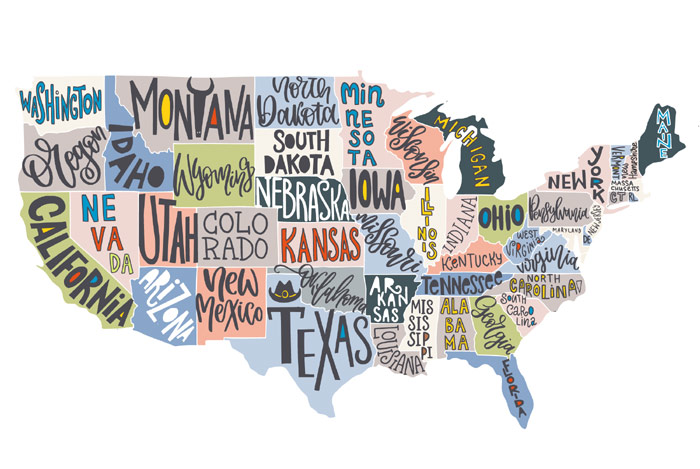How to Handle an Out-of-State DUI
It happens more often than you might think. A driver with an out-of-state license gets a DUI while driving in California or a driver gets a DUI in California, then moves out-of-state. In either case, a driver who lives out-of-state may need an Oakland criminal defense attorney to represent their California case or a driver may have already been sentenced, which includes payment of fines, probation, and a suspension of their license. In the latter, while in the other state, a driver may meet all of the requirements of the probation, their suspension period ends, and they complete a DUI rehabilitation program. However, when they try to get a new license, whether it’s back in California or any other state, they get rejected in their application. Has this ever happened to you? If so, you should understand that you do have options and our Oakland DUI attorneys are here to help.
Option 1: is that you return to California to take the DUI classes because the court or the DMV requires it. Then you will be able to apply to drive again in the other state where you reside or would like to get a drivers license. Since you were charged and sentenced in California, they will not accept the completion of DUI classes in another state to remove your restrictions.
Option 2: is that if you are living in another state, you can apply for a new driver’s license, but you will lose the privilege of driving in California. If you are already back in California, then you would have to complete the court and/or DMV’s requirements to get your license back in California. This could include completion of a DUI program, payment of court and/or DMV fines, getting SR-22 insurance, and possibly installing an interlock ignition device if the DMV requires it.
If you choose to live out-of-state, then you can request a “1650 waiver packet” from the California Department of Motor Vehicles’ Mandatory Actions Unit. You can reach them at 916-657-6525. They will mail you a packet, however, it can only be mailed out-of-state. Therefore, you will need to provide proof of your residence, whether it be government issued identification or a utility bill. The waiver will allow you to be able to drive in California, provided that you are licensed to drive in your new state. However, if you choose to move back to California, you cannot file for a California license until after 3 years has passed from obtaining the waiver. Should you choose to move back to California within that 3 year window, then you may have to complete the requirements listed in option 2 above, to get a new license registered in California.
Sometimes your license status can be confusing when you have a DUI on file. Call or email our Bay Area DUI defense lawyers right away to answer any questions you might have and to help get you back on the road legally, and as soon possible.



